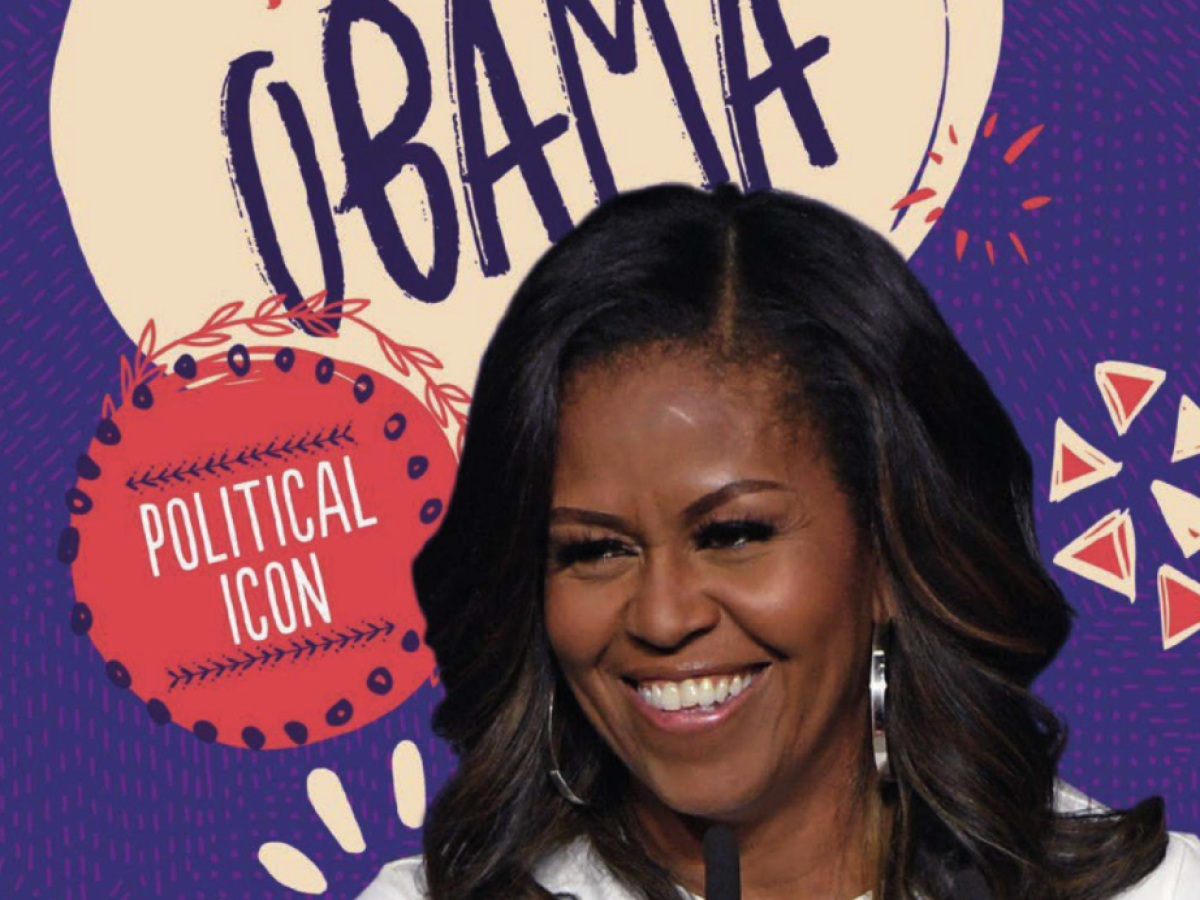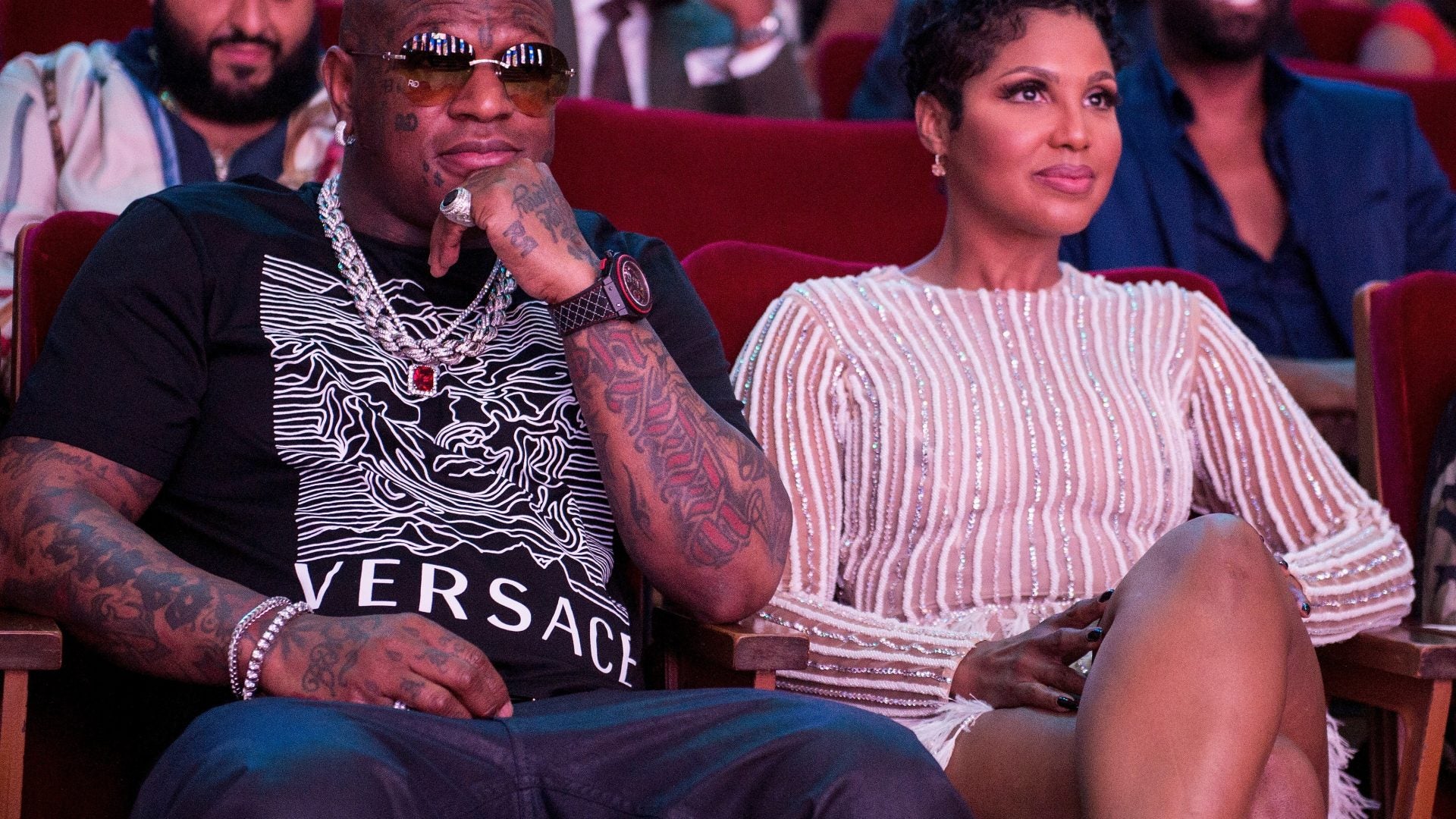
An NBC investigation uncovered “an unprecedented effort by parents and conservative politicians in Texas to ban books dealing with race, sexuality and gender from schools…Hundreds of titles have been pulled from libraries across the state for review, sometimes over the objections of school librarians…fac[ing] increasingly hostile work environments and mounting pressure to preemptively pull books that might draw complaints.”
Among them is a children’s biography of Michelle Obama. A parent accused the book of making it seem that “if you sound like a white girl you should be ashamed of yourself.”
Republican Texas Governor Greg Abbott has even called “for criminal charges against any school staff member who provides children with access to young adult novels that some conservatives have labeled as ‘pornography.’”
Some school librarians in Texas have launched a social media campaign to fight these restrictions, the #FReadom campaign. A leader in the campaign and retired school librarian in Austin, Carolyn Foote, said “There have always been efforts to censor books, but what we’re seeing right now is frankly unprecedented…A library is a place of voluntary inquiry. That means when a student walks in, they’re not forced to check out a book that they or their parents find objectionable. But they also don’t have authority to say what books should or shouldn’t be available to other students.”
One queer student in Katy, who’s fearful that her parents will not accept her if they discovered how she identifies, is outraged about the removal of books with LGBTQ characters, and spoke with NBC, whispering from her safe haven in the library, “As I’ve struggled with my own identity as a queer person, it’s been really, really important to me that I have access to these books…And I’m sure it’s really important to other queer kids. You should be able to see yourself reflected on the page…For me, a lot of these books offer hope…I’m going to be going to college soon, and I’m really looking forward to that and the freedom that it offers. Until then, my greatest adventure is going to be through reading.”
WATCH: Princeton professor and author Imani Perry talks about the conservative backlash to teaching America’s true history
Last month, the board for Granbury Independent School District, located south of Fort Worth, TX, voted to change the district policy, which now allows for “books to be removed prior to a review.”
High school students have protested the removal of books, and their statements have gone viral via social media—one student told the board, “I’m not going to sit here and talk about the slippery slope that book banning leads to because I learned from a book, that I checked out from my school’s library, that I don’t need to resort to logical fallacy to make a point. I’m simply going to say that no government – and public school is an extension of government – has ever banned books, and banned information from its public, and been remembered in history as the good guys.”
In 1982 the Supreme Court took up the case, Board of Education, Island Trees Union Free School District v. Pico, when students sued a school board after books were removed from the library. Justice William Brennan was joined by Thurgood Marshall, John Paul Stevens, and in part by Harry Blackmun in the majority opinion, which reaffirmed the precedent that “local schools boards have broad discretion in the management of school affairs…[it] must be exercised in a manner that comports with the transcendent imperatives of the First Amendment.”
In laymen’s terms, removing books from a school library invokes First Amendment rights endowed by the Constitution “to receive information and ideas” because of the inherent and special nature of a school library, and school officials removing books because of political beliefs would be akin to suppressing ideas.
SEE MORE: Dr. Imani Perry Reminds Us Why Teaching Black History In Schools Is Crucial







Back in 2018, sociologist Eric Klineberg boldly asserted, “to restore civil society, start with the library,” in a New York Times think piece. It remains to be seen what will happen next in this saga, but it is clear that the Republican Party has taken up this cause as a rallying cry, beyond the state of Texas. Virginia governor Glen Youngkin’s successful campaign relied heavily on “parents’ opposition to explicit books…leading some GOP strategists to flag the issue as a winning strategy heading into the 2022 midterm elections.”
In 1953, Ray Bradbury published Fahrenheit 451, a book set in the future somewhere in the United States where books are banned. A particularly powerful quote from the novel reads, “You don’t have to burn books to destroy a culture. Just get people to stop reading them.”
Sixty-nine years later, this fictional dystopian society is becoming a reality for many of America’s schoolchildren.






